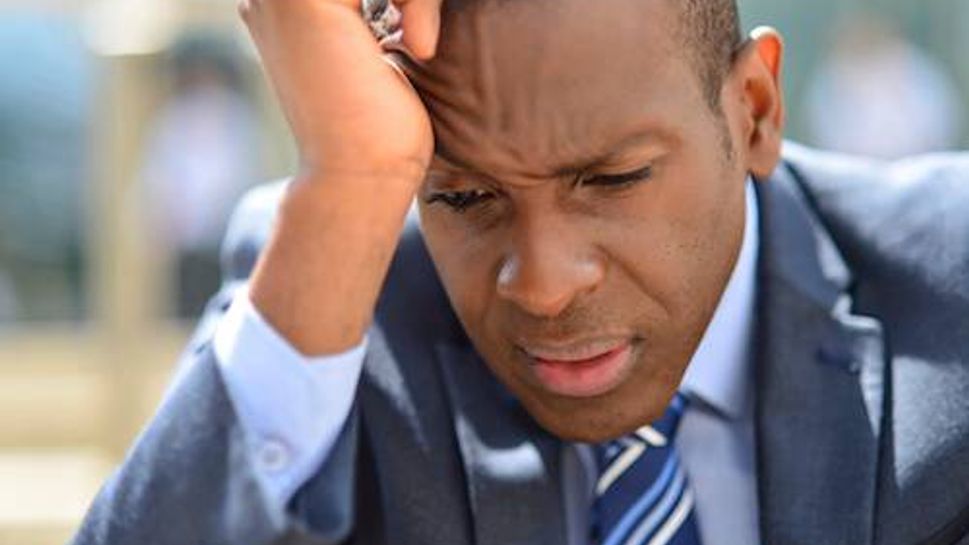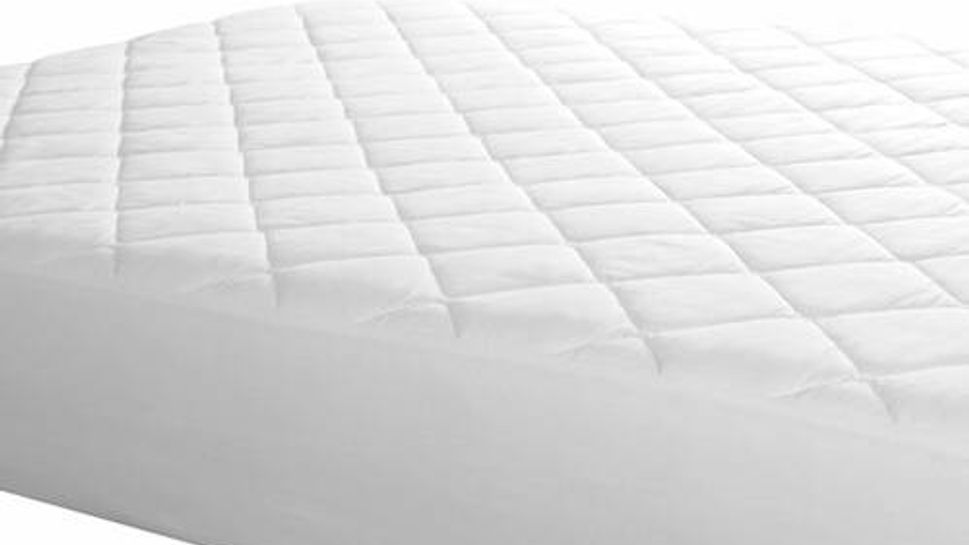7 Surprising Causes of Back Pain
It might be something in your everyday life that's causing the problem
(This article previously appeared on Grandparents.com.)
If it seems like everyone you know, including yourself, has back pain, you actually might be close to the truth.
"If you go on the street and pick a random group of people, 20 percent will say they have back pain right now, 40 percent will have had it in the past year, and 80 percent have had back pain over the course of their lives," says Dr. Patrick Roth, chairman of the department of neurosurgery at New Jersey's Hackensack University Medical Center and author of The End of Back Pain.
That's a lot of back pain.
The cause of all the discomfort? For people over 60, back pain often comes from spinal stenosis, or arthritic wear and tear. "As we age, the joints become enlarged and generate pain," says Roth. But that's not always the case. In many instances, the cause of back pain isn't as clear.
One thing is for sure, there are certain things, like improperly lifting a heavy object, that can throw your back off and create pain.
Here are seven other things that you might not know cause pain, but should be mindful of:
1 of 7

Smoking
"Smoking has been shown to decrease blood supply to the discs in the back, causing premature aging of discs," says Dr. Vijay Vad, an assistant attending physiatrist at the Hospital for Special Surgery in New York City. That premature aging of the discs can cause pain in the lower back, according to the study, which was conducted at Johns Hopkins University. Another study from the Northwestern University School of Medicine found a different smoking-back pain connection. According to that study, smoking affects the way the brain responds to back pain and makes people less resilient to it.

Sitting
"There's no question that sitting puts pressure on the discs in your back," says Roth. "The pressure decreases blood supply to the discs and increases the risk of disc injury," agrees Vad. If you're someone who sits at a desk all day, consider using a standing desk to alleviate the pressure on your back, or take breaks every 30 minutes or so to stretch and walk around. Walking can flush toxins and "brings nutrition to the discs," says Vad.

Stress
"The lower back is the ultimate example of the mind-body connection," says Vad. Stress can tighten your muscles and cause discs to bulge, creating pain. It can also lower your threshold for pain. "It literally stiffens you," says Roth. Manage your stress with exercise, meditation and deep breathing.

Flying on a plane
The next time you fly, consider checking your heavy luggage instead of storing it overhead. "The pressurized air in the cabin can irritate a disc and make it vulnerable to bulging," says Vad. "So be careful lifting heavy luggage or heavy weights or doing vigorous sports right after a long flight." He suggests stretching and walking right after a flight to help minimize the risk of disc bulge.

Diet
It stands to reason that being overweight can put more pressure on your back and make you more susceptible to back pain. One study from Stanford University found that people who are extremely overweight are at four times greater risk of having lower back pain. The study also found that doing just 20 minutes of exercise a day can reduce the risk of back pain by 32 percent.
Another part of your diet to pay attention to? Sugar. "Processed sugars can spike inflammation in the body and cause back pain," says Vad. So consider cutting back on big sugar offenders like cookies, doughnuts, cake and other sweets.

Your mattress
If you're constantly waking up with back pain, it might be that your mattress is too soft. "A medium-firm mattress is ideal for your back," says Vad. With a soft mattress, the weight on your back can be uneven and cause you pain.

Talking on a cell phone
Talking on your cell phone, especially if you use your shoulder to balance it at your ear, can create uneven pressure, causing neck pain. And that neck pain can extend to your back. Also be mindful if you text a lot — you're potentially straining your neck by looking down repeatedly. Opt for earphones when you talk on your cell, and cut down on texting or try to hold your phone in front of you when texting to reduce the strain on your neck.
Grandparents.com is a lifestyle website, social media community & peer group that unites & connects America's 70 million Grandparents to the best information and premier products & services just for them. Our goal is to promote well-being and give timely information on what really matters to you, from health and money to family and relationships to travel and retirement.

